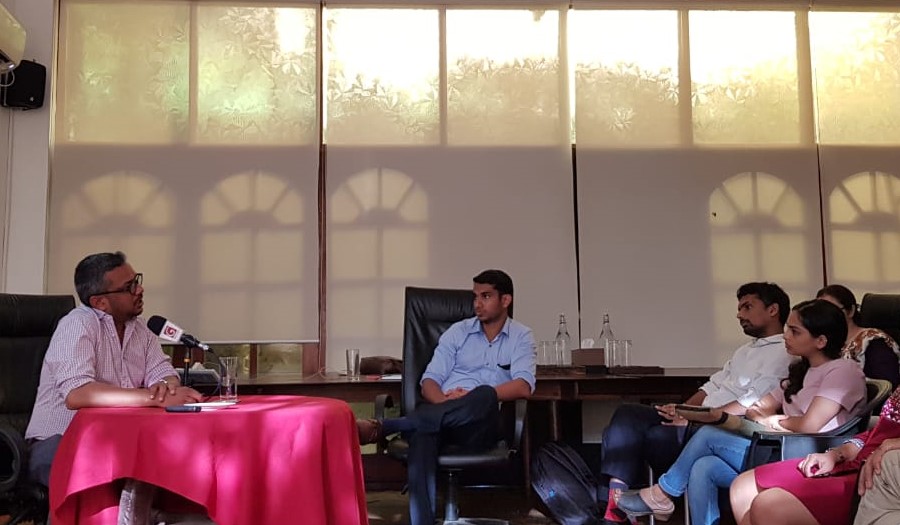
Presenter: Dr Asanga Welikala
A constitutional controversy has recently arisen with regard to whether the presidential two-term limitation reintroduced by the Nineteenth Amendment to the Constitution in 2015 operates retrospectively or not. If it does not, then politically it has significance in enabling former President Mahinda Rajapaksa to stand for office again in the next presidential election. Dr Nihal Jayawickrama recently made a legal argument to this effect, where it is claimed that the Nineteenth Amendment repealed and replaced, and not merely amended, the office of President in the 1978 Constitution, and that the two living former presidents are eligible to stand for presidential office.
Term limits and disqualifications are a standard feature of presidential and semi-presidential systems, which serve to protect central principles of liberal constitutionalism and republican democracy. The Nineteenth Amendment restored the two-term limit and once again made the constitution more consistent with the semi-presidential model of democracy. When the text of the Nineteenth Amendment, the political context of its enactment, the democratic principles that underpin the constitution, and the legislative intent of Parliament, are all weighed into the analysis, it becomes clear that the restoration (and not the introduction) of the two-term limit was intended to apply both retrospectively and into the future. In this context, Dr. Welikala aims to demonstrate that neither Mahinda Rajapaksa nor Chandrika Kumaratunga, the only two living individuals to whom the disqualification applies retrospectively, have any right or entitlement to stand for presidential office again.